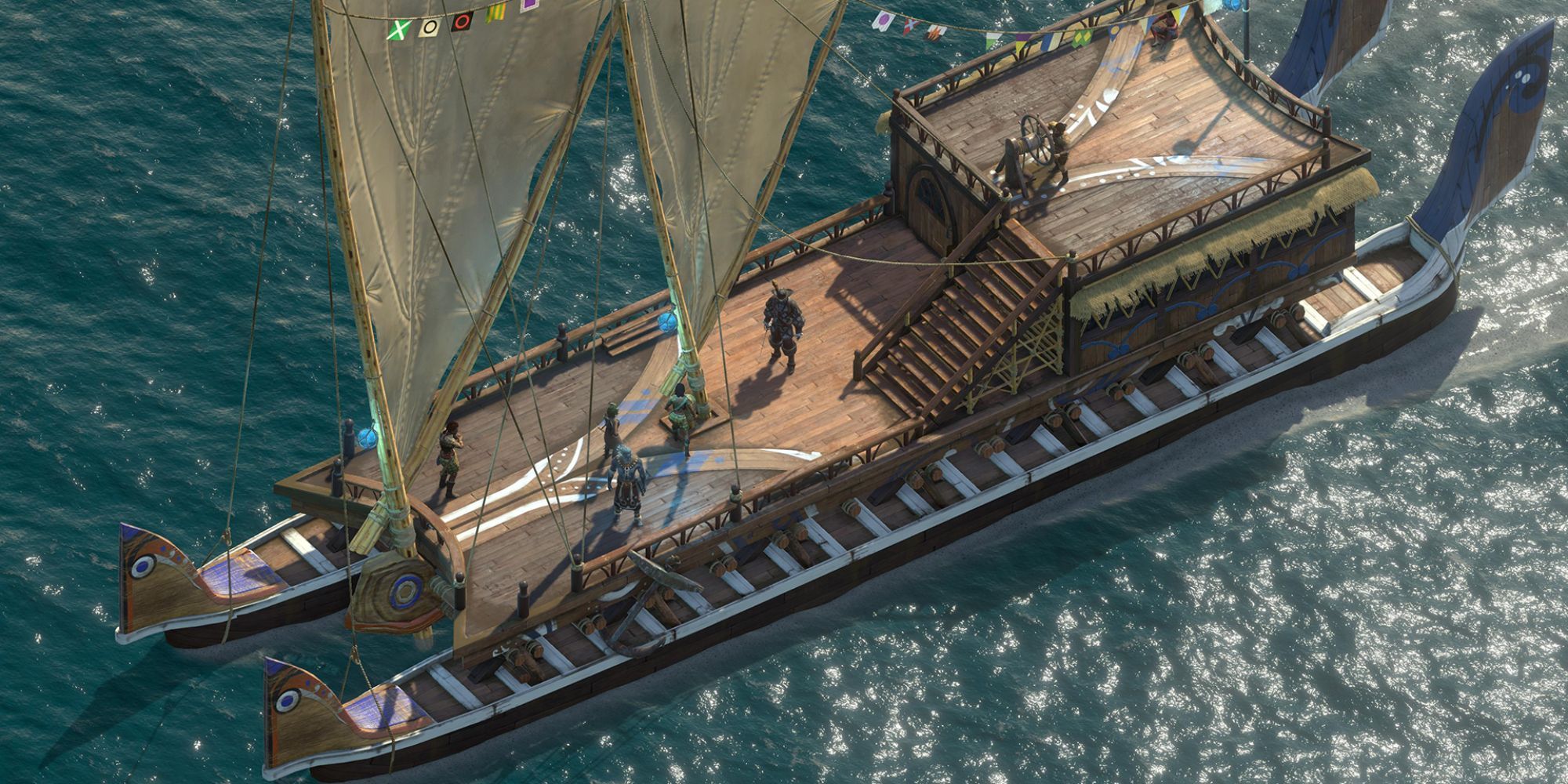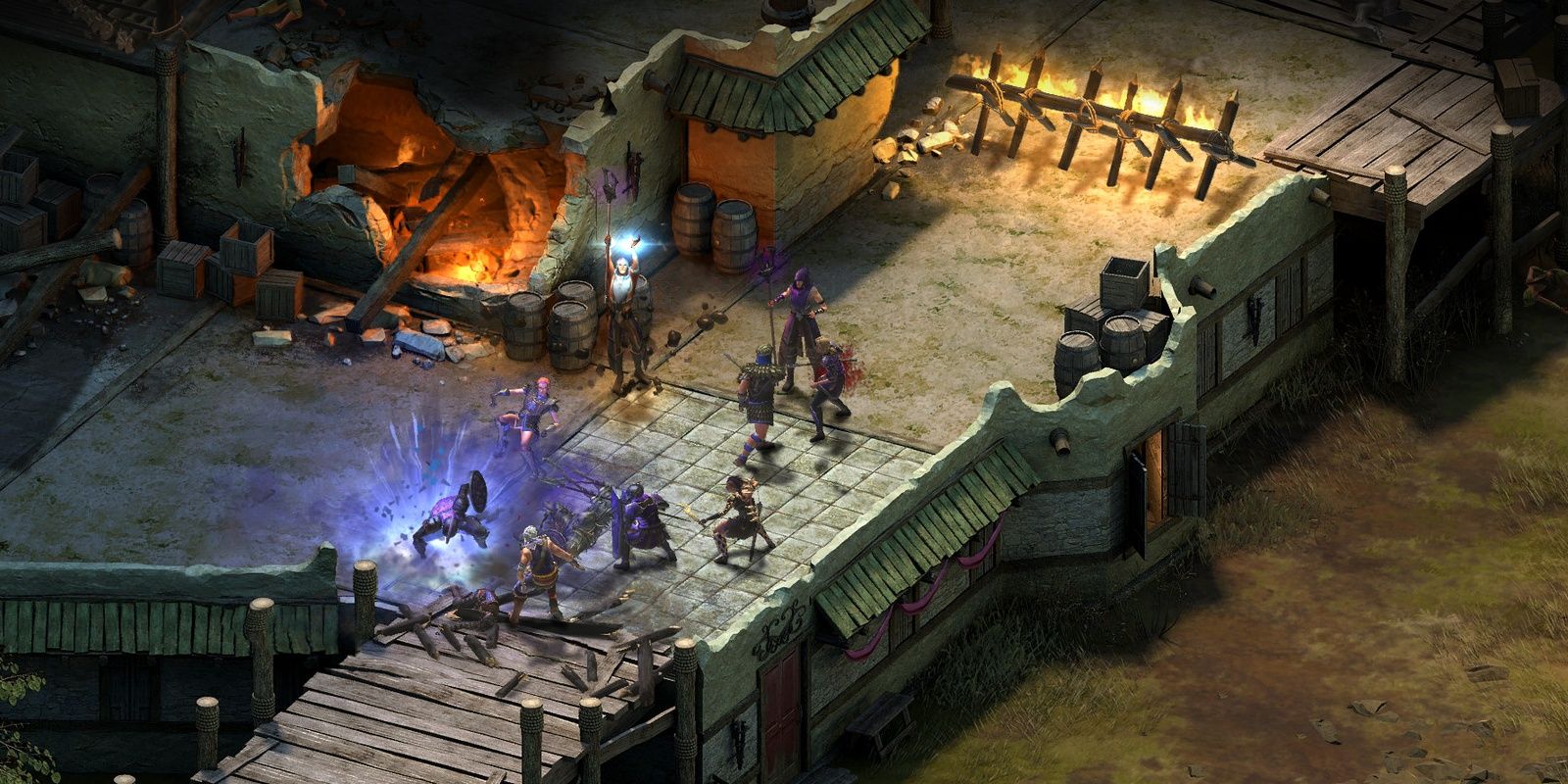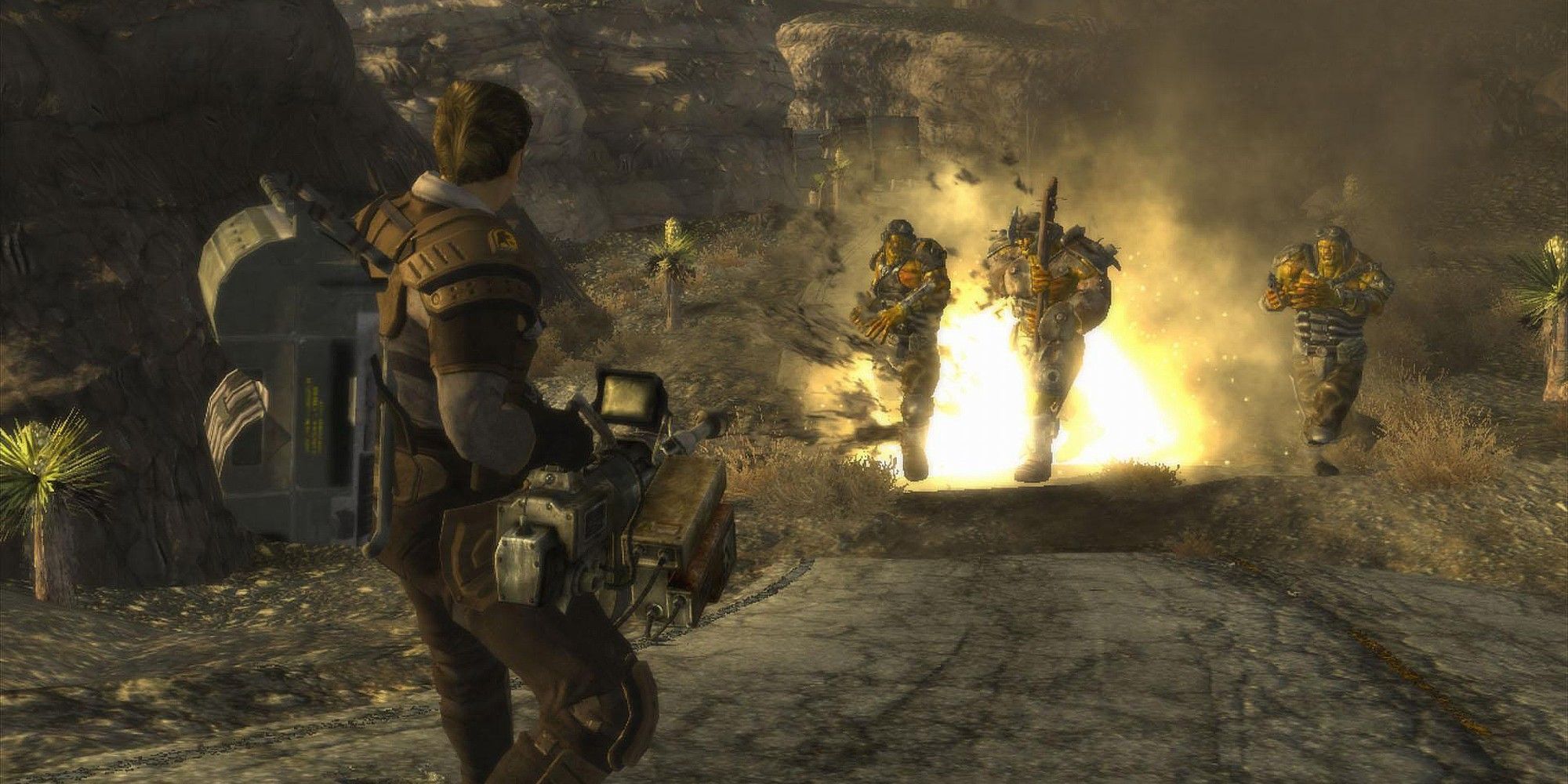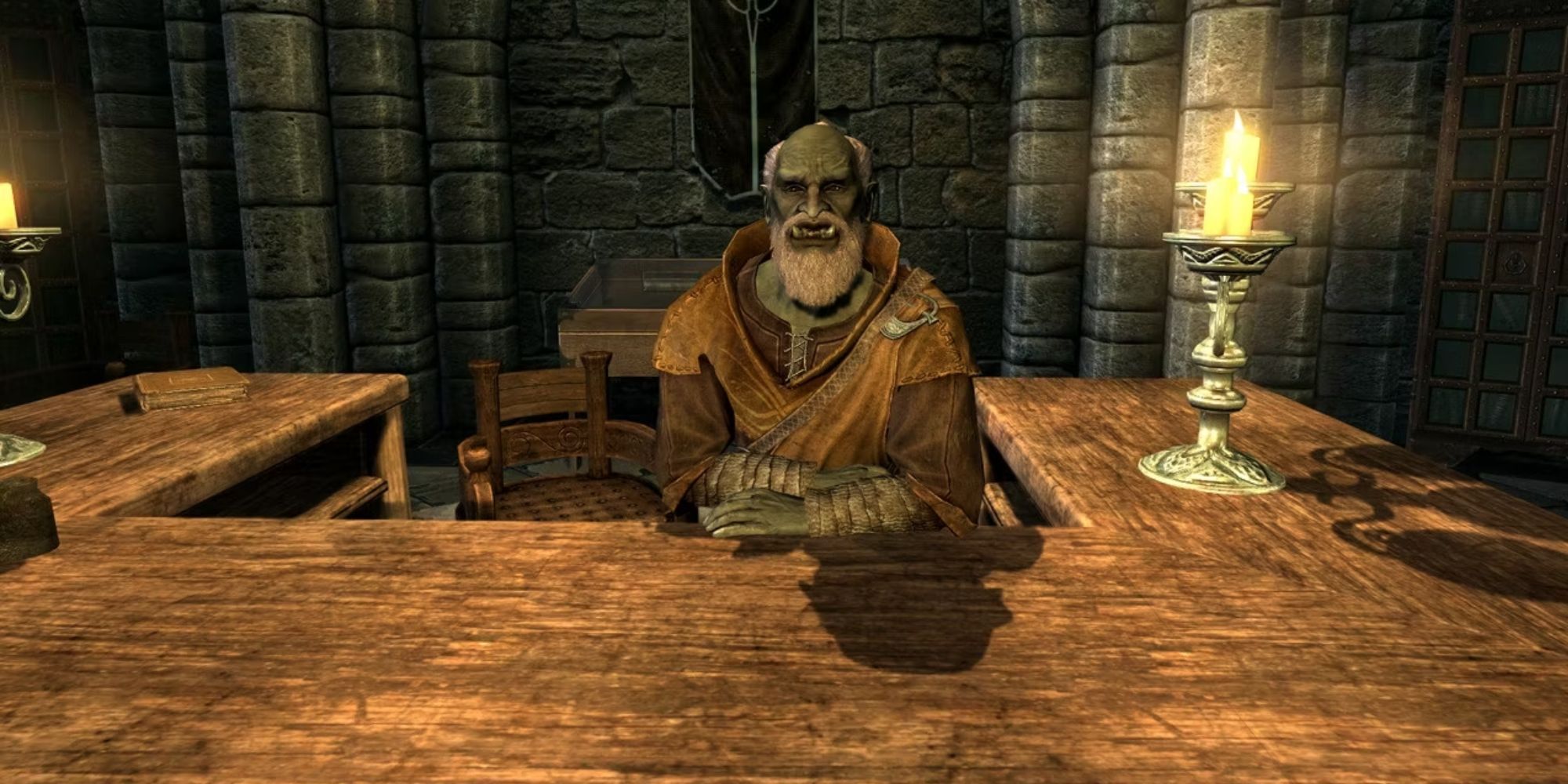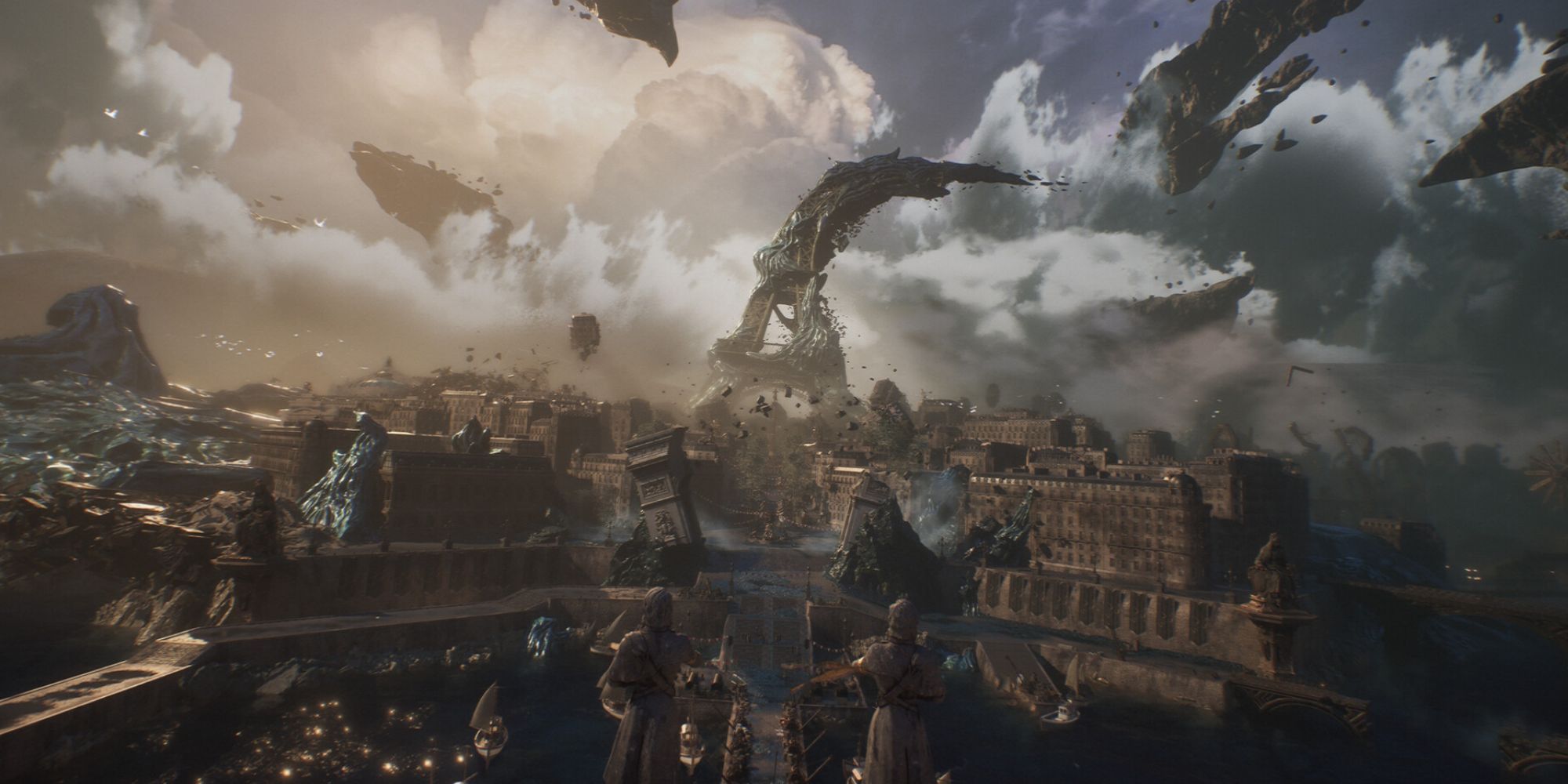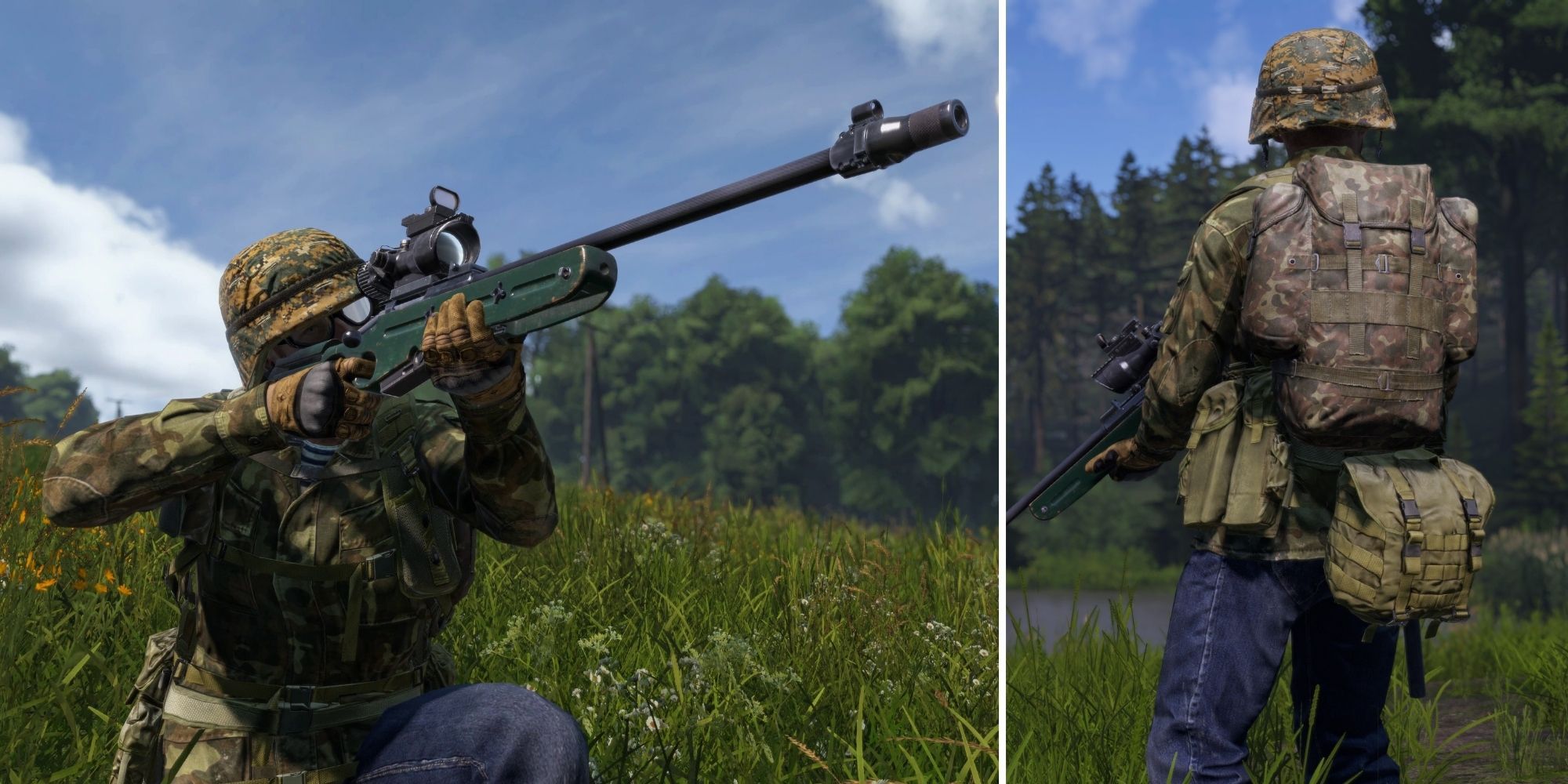Highlights
- Obsidian’s Pillars of Eternity 2 has a detailed faction reputation system that tracks relationships with companions and factions in the game.
- The game’s complex political landscape includes competing merchant collectives, pirates, tribal groups, and religious organizations.
- Obsidian excels at crafting narratives around factions, as seen in Fallout: New Vegas and Tyranny, adding depth without overpowering the main story.
I’m a massive fan of the computer role-playing game (CRPG) sub-genre. The flexibility of character-building and dialogue interactions available in these games is infinitely interesting to me, add reactivity to the player’s actions and you have a winner, in my eyes.
I’m currently amid a full playthrough of Pillars of Eternity 2: Deadfire. I’ve started the game before but I’ve invested tens of hours into my current character and have no intention of stopping. I could wax lyrical about how Pillars of Eternity 2 is a paradise for CRPG fans, but I’d like to hone in on one feature I thoroughly enjoy.
Pillars Of Eternity Is More Of A Successor To Baldur’s Gate Than Baldur’s Gate 3
Why not try the quintessential cRPG?
Pillars of Eternity 2 has a dedicated reputation system that tracks your character’s relationship to your companions, and the various factions of the Deadfire Archipelago. Obsidian takes it a step further, tracking inter-companion relationships, too. Your interactions with each of these companions influences how they feel about one another. For example, Xoti is dedicated to her chosen god Eothas while Pallegina is staunchly anti-religious. Every time Xoti acts pious, Pallegina’s view of her becomes increasingly negative.
It’s A Trading Company Eat Trading Company World
The politics of the Deadfire Archipelago are complex, with several vested interests working against one another. The Valian Trading Company and Royal Deadfire Company are two competing merchant collectives, and they’re both none too pleased with the Príncipi sen Patrena, a loosely organised faction of pirates. Then there’s the tribal Huana, religious organisations, minor criminals and so on. Your reputation with each of these groups is influenced by your actions and tracked on a dedicated screen.
I love games that do this, seeing the world react to the actions of the player increases my investment in the narrative tenfold. You need to allow the player to play all sides to a certain extent for the sake of experiencing content, but you have to force them to make compromises to ensure their balancing act isn’t upset.
Obsidian is adept at centring its narratives around factions, we saw similar systems in place in Fallout: New Vegas and Tyranny, another one of my favourite CRPGs. This mechanic is even more central to Tyranny as the narrative crux of the game is intertwined with the actions of the various competing factions.
In Fallout: New Vegas, the faction system is used to determine which endings the player can pursue at the end of the main quest. A similar mechanism is employed in Fallout 4. I don’t love this system in New Vegas as much as I do in Obsidian’s CRPGs, because it feels like these factions dominate the player’s decision-making; they get it just right in Pillars 2, adding flavour without overpowering the narrative. The factions should be important, but not the be-all, end-all.
A lot of games, especially RPGs, have factional systems that aren’t as trackable or boil down to a couple of crucial dialogue decisions. While this is certainly a valid way of presenting intra-collective conflict, there’s just something so compelling about the live reactivity of a factional reputation system that can be felt throughout an entire RPG.
I’m not necessarily advocating for more reputation systems in games, because having every narrative dominated by the interference of factions would be boring, but in the right games, factional reputational systems can really add to the experience.
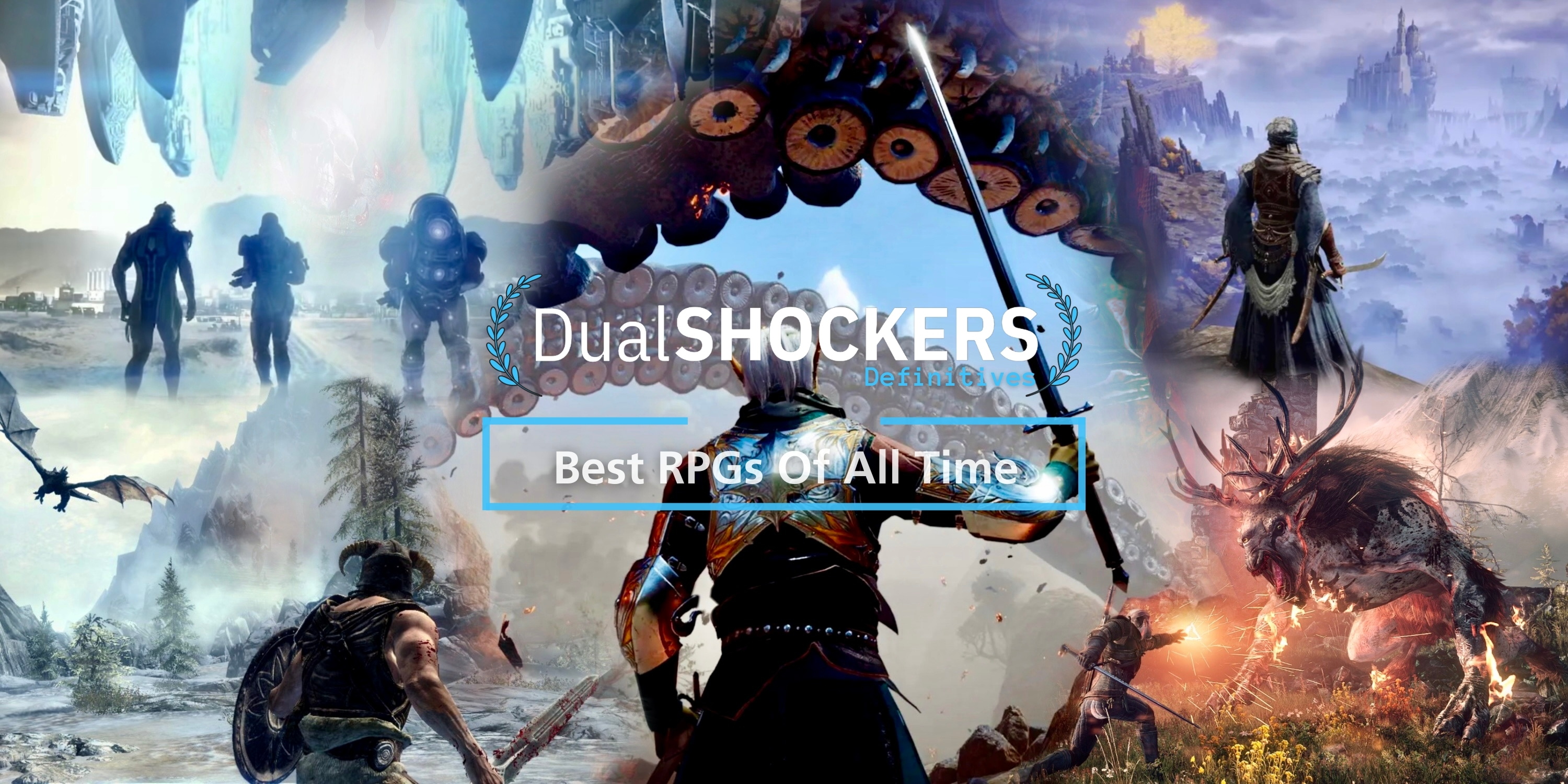
DualShockers Definitives: The 30 Best RPGs Of All Time
After weeks of debate and voting, DualShockers has assembled its list of the greatest, most influential, most important RPGs of all time.

